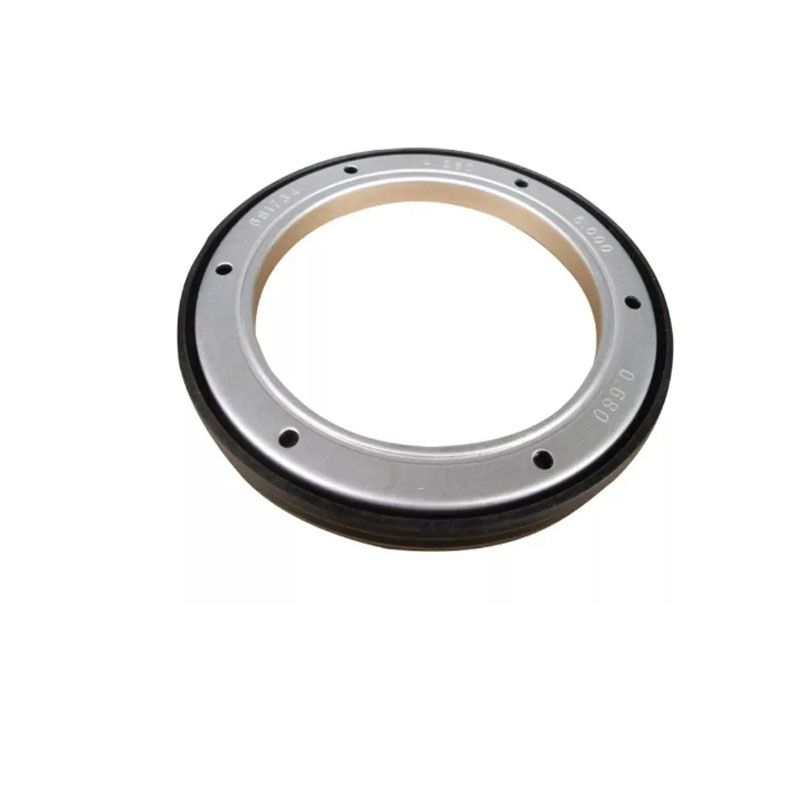oil seal use
Understanding Oil Seal Use Importance and Applications
Oil seals, also known as fluid sealing rings, are essential components used in various mechanical applications. Their primary function is to retain lubricants within a system while preventing contaminant ingress from outside. This crucial role ensures optimal operation and longevity of mechanical equipment, making the understanding of oil seals vital for both design engineers and maintenance professionals.
What is an Oil Seal?
An oil seal consists of a ring-shaped structure made from elastomers like rubber or plastic. The seal is designed to fit closely around a rotating shaft or within a housing to provide a barrier against fluid leakage. The sealing action is primarily achieved through the contact between the sealing lip of the seal and the shaft surface. This contact creates a tight seal that minimizes fluid loss and keeps contaminants out.
Types of Oil Seals
Oil seals come in various types, each tailored for specific applications
1. Rotary Oil Seals These are the most common types, designed for applications involving rotating shafts, such as in motors and gearboxes. 2. Static Seals Used in situations where there is no movement between surfaces, static seals are employed in applications like hydraulic cylinders. 3. V-Rings These seals provide a flexible sealing solution for rotating shafts where slight misalignment may occur.
4. U-Cups Typically used in hydraulic and pneumatic applications, U-cups offer excellent sealing performance for both static and dynamic operations.
5. Labyrinth Seals Often used in high-speed applications, labyrinth seals create a complex path for contaminants, thereby providing an extra layer of protection.
Importance of Oil Seals
The significance of oil seals cannot be overstated. In machinery and automotive applications, they play a crucial role in
1. Preventing Fluid Leakage Oil seals help maintain the internal pressure of lubrication systems, preventing valuable lubricants from leaking out and ensuring that mechanical components operate smoothly.
2. Protecting Against Contaminants By sealing off the interior of machines, oil seals protect against dust, dirt, and other harmful particles that could lead to wear and damage over time.
oil seal use

3. Enhancing Equipment Longevity Properly functioning oil seals contribute to the overall reliability and lifespan of machinery, reducing the need for frequent repairs and downtime.
4. Supporting Efficiency By retaining lubricants and preventing leaks, oil seals contribute to the operational efficiency of machines, leading to better performance and energy savings.
Applications of Oil Seals
Oil seals are widely used across various industries, including
- Automotive Oil seals are crucial in engines, transmissions, and differentials where they retain lubricants and protect critical components.
- Industrial Machinery In manufacturing equipment, oil seals are utilized to keep lubricants contained and provide a barrier against contaminants.
- Aerospace Oil seals are vital in aircraft systems, where reliability and performance are of utmost importance.
- Agriculture In farm machinery, oil seals help maintain lubrication in engines and mechanical systems, ensuring smooth operations in the field.
Maintenance and Selection
When it comes to maintaining equipment with oil seals, regular inspections are essential. It is important to check for signs of leakage or wear, as these can indicate that the seal needs to be replaced. Additionally, selecting the right oil seal for a specific application is crucial. Factors such as the type of lubricant, operating temperature, shaft speed, and environmental conditions will influence the choice of oil seal.
Conclusion
Oil seals are indispensable components that play a significant role in the efficiency, reliability, and longevity of various mechanical systems. Understanding their function, types, and applications helps engineers and technicians make informed decisions regarding their use. As industries continue to advance and innovate, the importance of oil seals remains a constant, ensuring that machinery operates smoothly and effectively while protecting vital components from contamination and wear. Thus, investing in quality oil seals and proper maintenance practices is vital for any operation aiming for optimal performance and durability.
-
Understanding the Front Main Engine Seal: Purpose, Maintenance, and Installation
News Jul.29,2025
-
Understanding O-Rings and Seal Rings: Types, Applications, and Custom Solutions
News Jul.29,2025
-
Understanding Crankshaft Oil Seals: Rear Seals, Pulley Seals, and Their Role in Engine Integrity
News Jul.29,2025
-
The Importance of Front and Rear Crankshaft Seals in Engine Performance and Oil Management
News Jul.29,2025
-
Crank Oil Seals: Functions, Types, and Cost Considerations in Engine Maintenance
News Jul.29,2025
-
A Comprehensive Guide to O-Rings and Seals: Types, Materials, and Global Applications
News Jul.29,2025
-
Mastering Diesel and Performance Engine Maintenance: A Guide to Critical Oil Gaskets
News Jul.28,2025
Products categories















